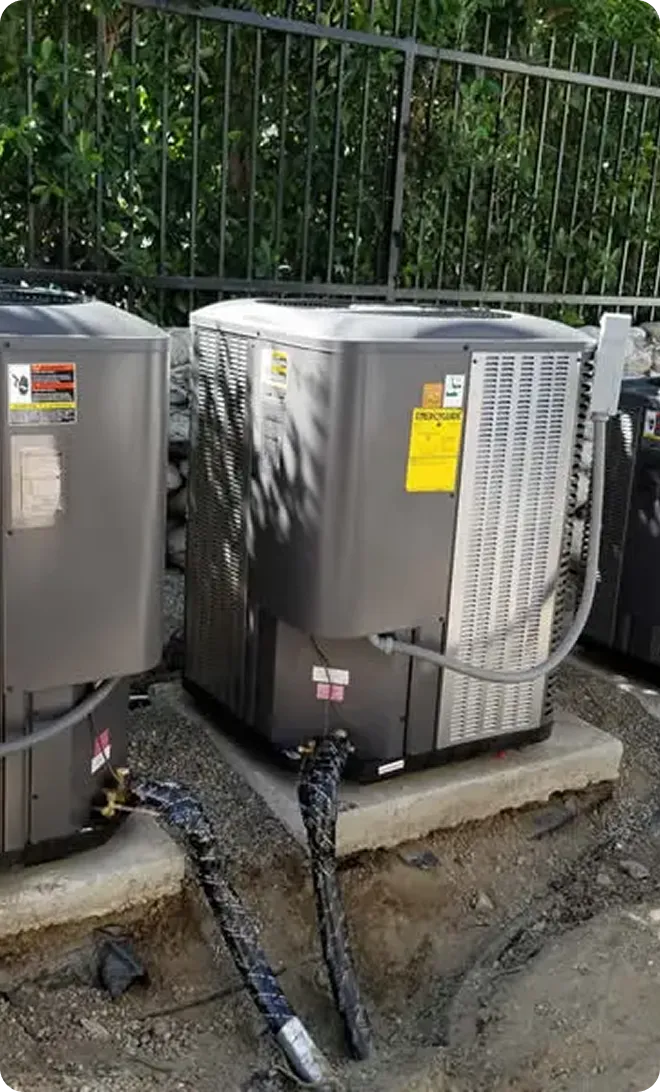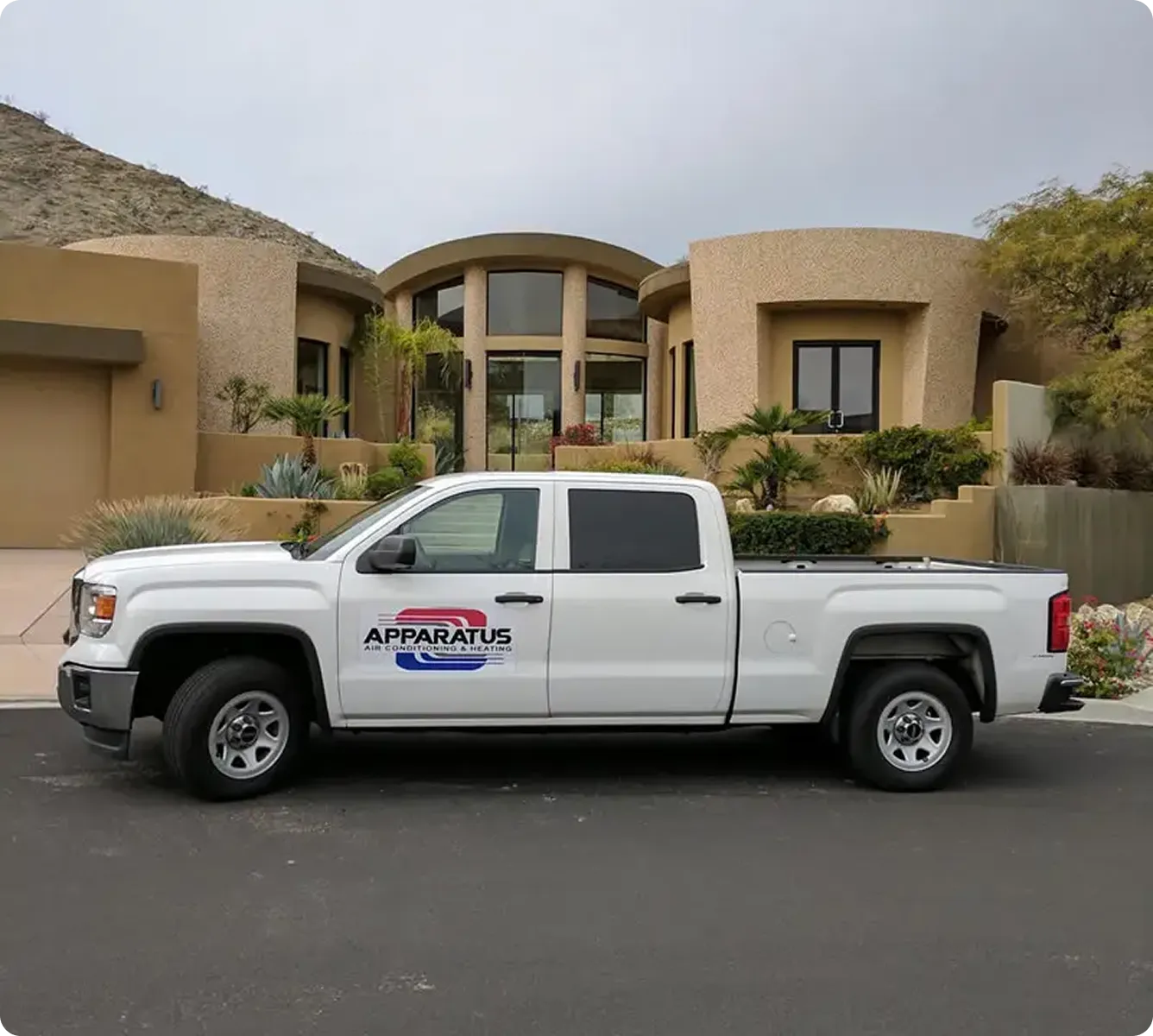
Water Heater Tune Up in Palm Desert, CA
Water Heater Tune Up in Palm Desert, CA
Keeping your water heater tuned and inspected is one of the smartest ways to protect comfort, reduce energy costs, and prevent emergency breakdowns in Palm Desert homes. A professional Water Heater Tune Up in Palm Desert, CA focuses on safety, efficiency, and early detection of issues that are common in desert environments—including mineral buildup from local water and extra wear from high year-round household demand. Below is a clear explanation of what a tune up includes, why it matters here, how often to schedule it, and what to expect in the post-service report.
-min.webp)
Why a tune up matters in Palm Desert
Palm Desert’s desert climate and local water mineral content accelerate sediment and scale buildup inside tanks. That leads to reduced heating efficiency, increased energy bills, noisy operation, and a higher risk of leaks or premature failure. In addition, many residences see seasonal shifts in hot water use (poolside showers, increased guest stays) that can expose a marginal system. A thorough tune up addresses these risks before they become costly emergencies.
What a Water Heater Tune Up Includes
A complete tune up is both inspection and preventive maintenance. Typical tasks performed by a trained technician include:
- Draining and flushing the tank
Removes sediment and mineral deposits that reduce heat transfer and can cause noisy operation or overheating of the tank bottom. - Inspecting and replacing the anode rod if needed
The sacrificial anode prevents tank corrosion. Anode condition determines remaining tank life; replacement is recommended when the rod is heavily corroded. - Testing the temperature and pressure (T&P) relief valve
Confirms the valve opens and reseats as required for safe overpressure protection. - Inspecting burners or heating elements
For gas units, burners and pilot or ignition systems are cleaned and checked for proper combustion. For electric units, elements are tested for continuity and efficiency. - Checking thermostats and controls
Verifies settings, recalibrates thermostat accuracy, and examines electrical connections for corrosion or loose wiring. - Examining venting, flue, and combustion air (gas units)
Ensures safe venting, checks for blockages or rust, and tests for proper draft to prevent carbon monoxide risk. - Inspecting valves, fittings, and visible plumbing
Identifies corrosion, slow leaks, or weak connections that could lead to water damage. - Recording water temperature, pressure, and operational performance
Baseline measurements help detect efficiency losses and guide recommendations. - Post-tune-up report with recommendations
A concise summary of findings, suggested repairs, parts needing replacement, and an estimated timeline for future service.
Common water heater tune up issues in Palm Desert, CA
- Heavy sediment buildup from mineral-rich water leading to reduced efficiency and noisy tanks
- Anode rod depletion causing accelerated tank corrosion if not replaced in time
- Failing T&P valves that can stick or leak after years of use
- Thermostat drift or inaccurate temperature control, producing scalding or lukewarm water
- Combustion problems on gas units from clogged burners, weak pilots, or poor venting
- Electric element failure or high-resistance connections increasing energy draw
- Slow leaks at fittings or tank seams that may become emergencies if unnoticed
Typical diagnostic and tune up process
- Visual inspection of tank exterior, plumbing, and surrounding area for signs of leaks, corrosion, or improper clearances.
- Record baseline pressure and temperature, then shut down the unit safely.
- Drain and flush the tank until water runs clear; check drainage condition for excessive sediment.
- Remove and inspect the anode rod; recommend replacement if consumed beyond safe limits.
- Test and cycle the T&P valve; replace it if it fails to open or reseat properly.
- Clean and inspect burners or test electric heating elements; measure combustion quality or element resistance.
- Check thermostats, reset to safe recommended temperature (typically 120 F), and verify control operation.
- Inspect venting and combustion air pathways for blockages or deterioration (gas units).
- Refill, purge air from the system, and verify leak-free operation while monitoring startup performance.
- Prepare a post-tune-up report with findings, safety notes, and prioritized recommendations.
Repairs and solutions explained
- Flushing: Standard flushing often restores most lost efficiency. In severe cases, repeated flushes or professional descaling may be recommended.
- Anode rod replacement: A relatively low-cost part that dramatically extends tank life. Choice of anode type (magnesium, aluminum/zinc, or powered) depends on local water chemistry and tank manufacturer recommendations.
- T&P valve replacement: If the safety valve fails testing, replacement is the appropriate fix—this part should never be bypassed.
- Burner and vent servicing: Cleaning burners and verifying proper combustion reduces fuel use and eliminates safety hazards. Vent repairs prevent carbon monoxide risk.
- Element or thermostat replacement: For electric units, failed elements or thermostats produce poor heating and higher electricity use; replacement restores performance.
- Leak mitigation: Minor fitting leaks can be tightened or refitted; significant tank leaks generally indicate end-of-life and replacement planning.
Recommended frequency
- Annual tune up is standard for most water heaters in Palm Desert, CA.
- Homes with very hard water, heavy usage, or older tanks may benefit from semi-annual checks or more frequent flushing.
- Anode rods should be inspected yearly and typically replaced every 3 to 5 years depending on condition and water quality.
What the post-tune-up report includes
- Summary of tests performed and their results
- Condition of the anode rod, T&P valve, burners/elements, and controls
- Estimated remaining service life of the tank and major components
- Priority list of recommended repairs or replacements with reasons (safety, efficiency, longevity)
- Practical homeowner tips for daily maintenance and extending system life
Benefits of regular tune ups for Palm Desert homes
- Improved energy efficiency and lower operating costs
- Reduced risk of sudden failure or water damage from leaks
- Safer operation of gas and combustion systems
- Extended service life of the water heater and parts
- Better hot water quality and consistent temperature control
Regular professional tune ups are an investment in safety, comfort, and long-term savings. In Palm Desert, where minerals and heavy seasonal use accelerate wear, keeping a tuned and well-documented water heating system prevents disruptions and preserves home value.

hear what our satisfied
clients have to say









.webp)